In a separate incident in Mumbai, Afroz Shah the face of Versova beach clean-up suspended his beach cleanup drive after 109 weeks (profiled in PrintWeek India). One reason being the local municipality’s inability to clear the garbage once it is collected by the volunteer group led by Shah.
All this makes us sit up and take notice of the pressing need for recycling wastes and protect our environment. Today, these issues are not limited to our country.
During my recent visit to Bali in Indonesia, I had envisioned the Kuta beach, a tourist hub in Bali to have white sandy beaches and calming turquoise waters. Instead, the whole landscape was covered in plastic waste. The beach’s shoreline was littered with plastic and other wastes, vomitted out by the Indian Ocean.
According to various reports, it is estimated that one trillion plastic bags are consumed worldwide. Another study, conducted by Ocean Conservancy Institute found that 28% of fish in Indonesia contain plastic and around 150 million tones of plastics in currently in our ocean harming the marine life and in turn human life cycle.
While exploring Seminyak, the beach resort city in Bali, we made a pit stop at a restaurant for our lunch. The straw in our drink proudly read: I am not plastic. Intrigued, I asked about the supplier and was introduced to Avani – an Indonesia-based manufacturer of bioplastics and sustainable food packaging.
Avani, a start-up by biological science graduate Kevin Kumala, was established in the year of 2014. It was born with an aim to create a difference by utilising technology as a solution to combat the global epidemic of plastic pollution.
Today, Avani produces goods which includes cassava carrier bags, takeaway food containers made from sugar cane and straws fashioned from corn starch, which founder Kumala says biodegrade relatively quickly and don't leave any toxic residue.
Bioplastics are defined as plastics made from materials such as corn starch and vegetable fats and oil, while common plastics are made from natural gas or petroleum.
According to the firm, the compostable bioplastic is made from cassava starch which is found abundantly in tropical regions like Bali, cornstarch, and vegetable oils among others. Today, Avani produces a full range of sustainable food packaging and hospitality products made from renewable resources. And is a result of years of continued research to find an alternative to plastic.
Avani believes in packaging with green principles. The products manufactured at its Java Island factory is FDA and FSC approved. The products have been passed for oral toxicity, biodegradable and compostable in months, good oxygen and moisture barrier, recyclable into a paper and finally can be customised and printed according to various brands needs.
According to the firm, the bio-box for takeaway in restaurants is made of bagasse that could decompose in 180 days. Moreover, Avani also provides other environmentally friendly products, such as straws and cups made of cornstarch and paper, and also bio-cutlery.
Straws are another focus for the company, which offers two solutions to plastic: a paper straw that utilizes a soy-based wax lining and a straw derived from cornstarch.
According to reports, Avani has progressed to mass scale production, manufacturing up to 200 tonnes bio-plastic per month. The products manufactured comes at a little premium, and understandably so.
The firm is currently looking for an option to work with the Indonesian government to implement the project across the country. The company aims to increase the production by five-fold, replacing thousand tons of plastic with compostable items in 2017.
Good luck to them and here’s hoping to see many more Avanis in India.
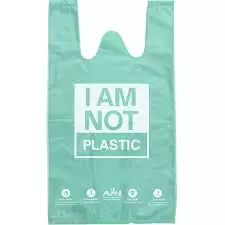


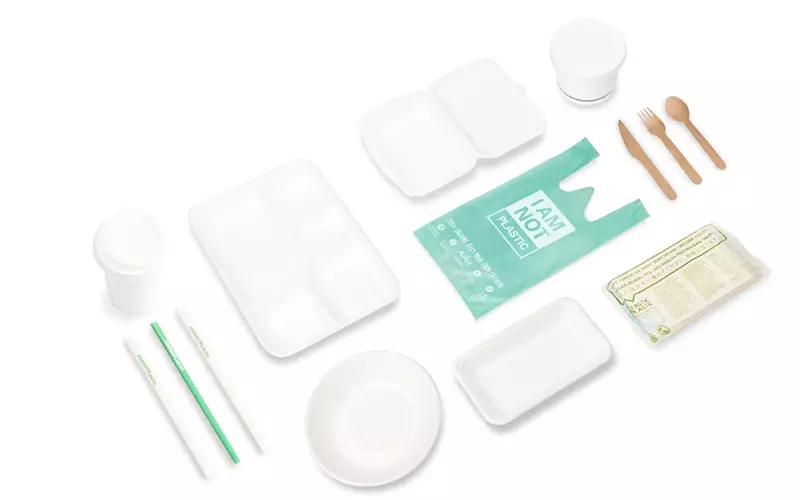
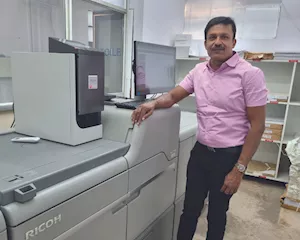
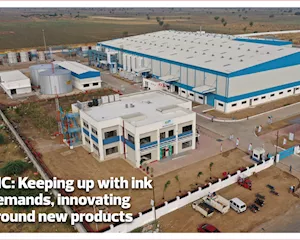
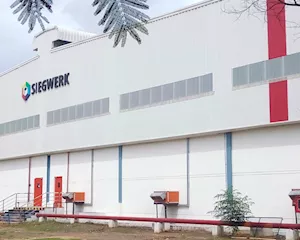
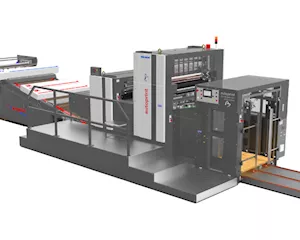
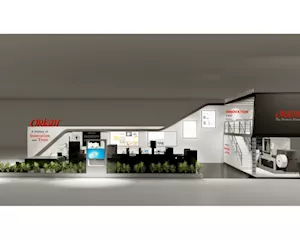






 See All
See All